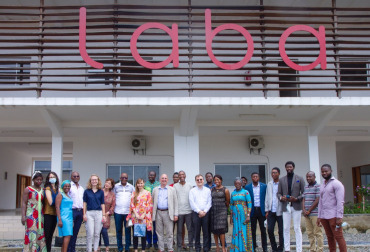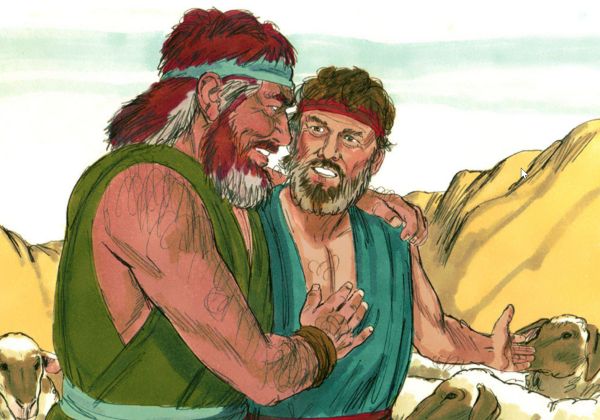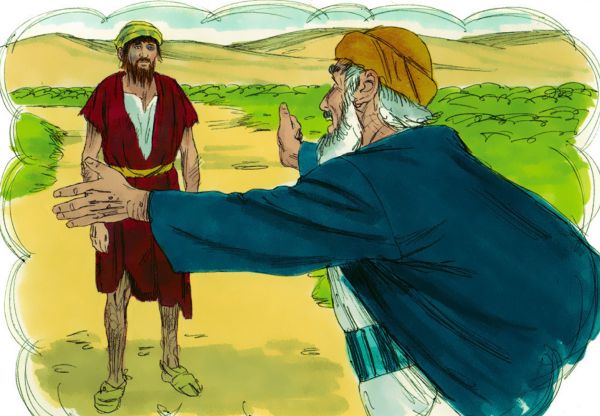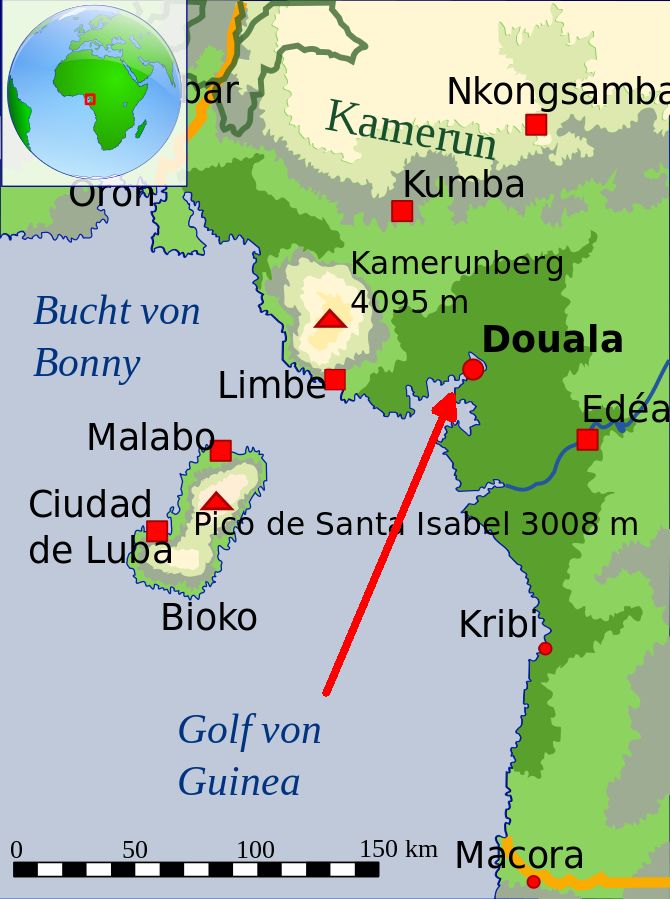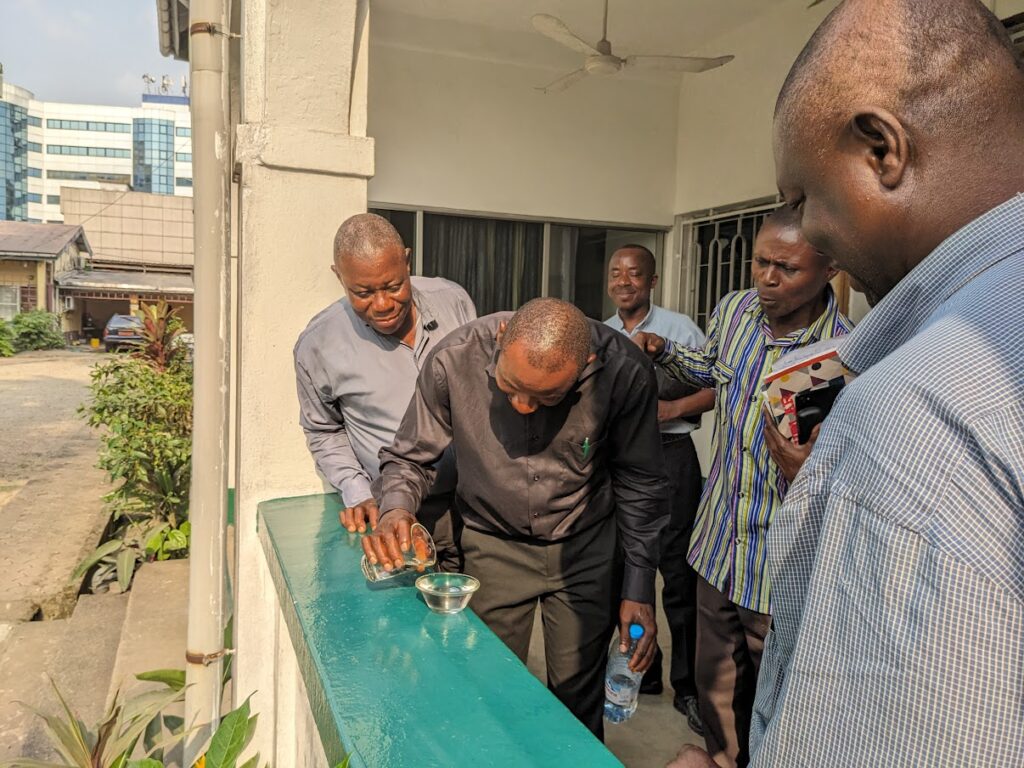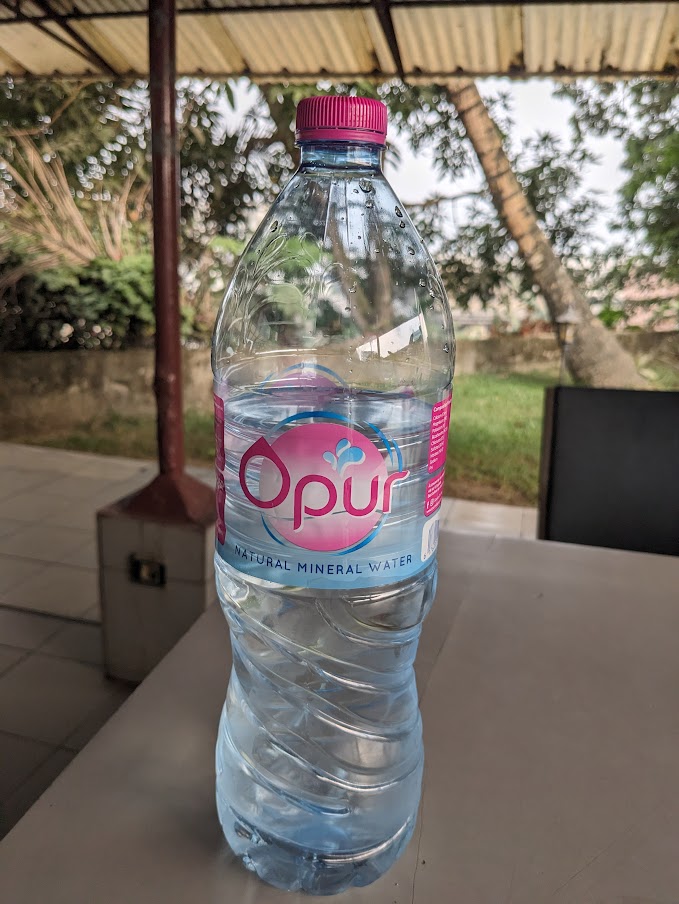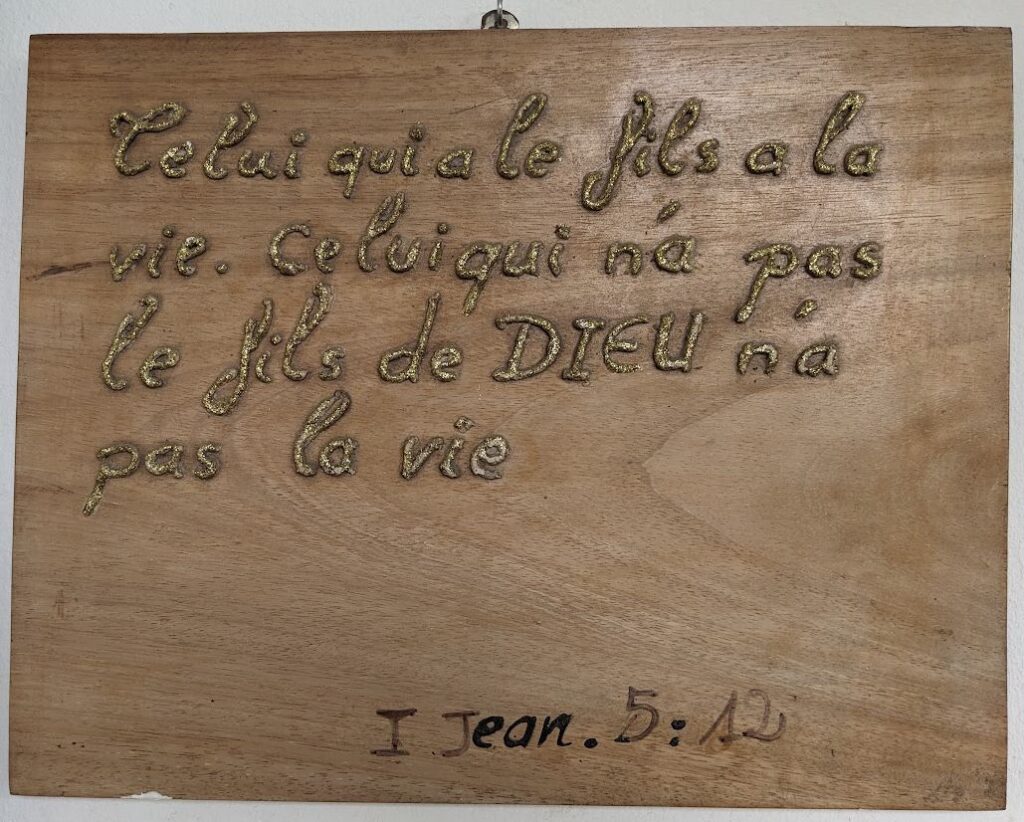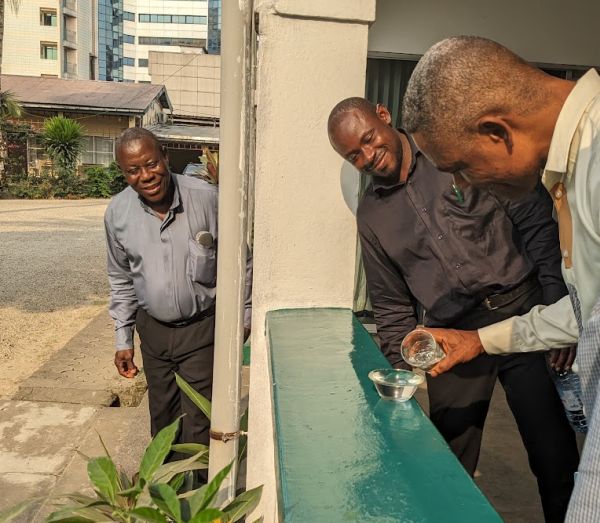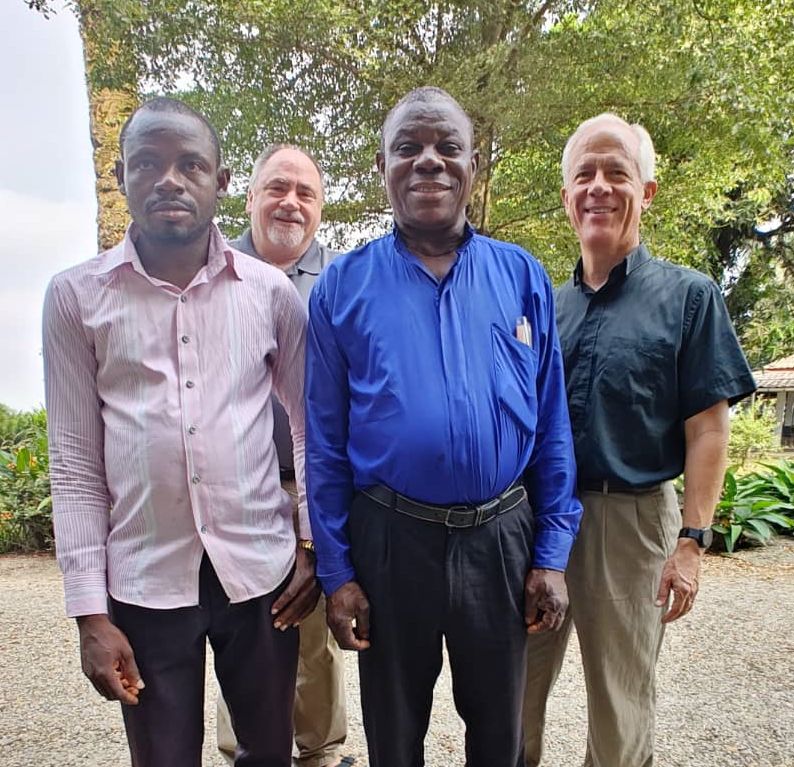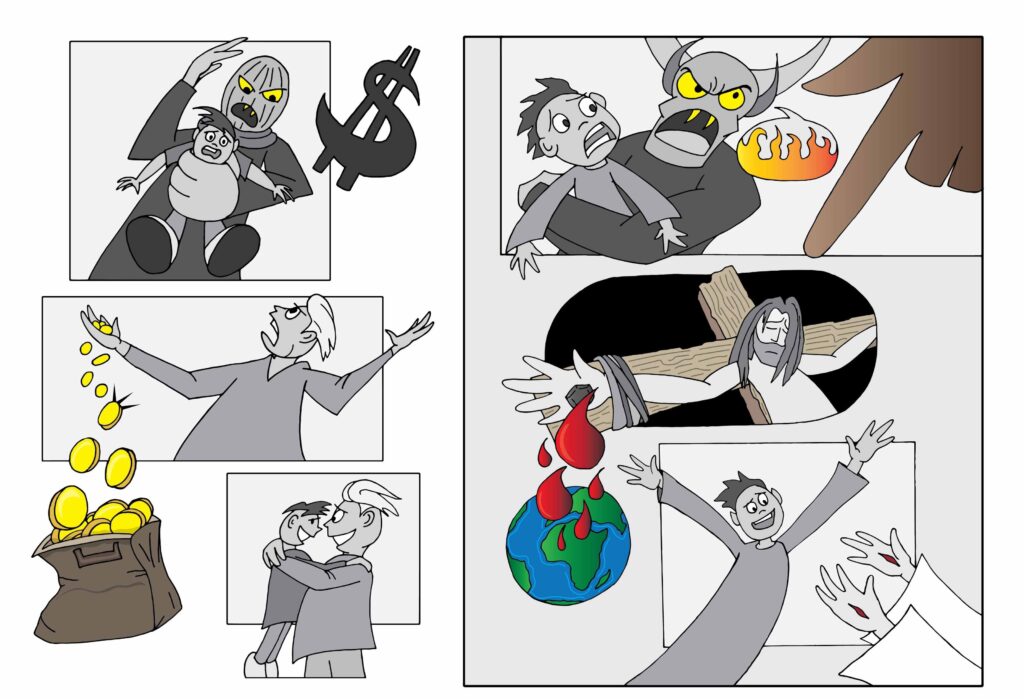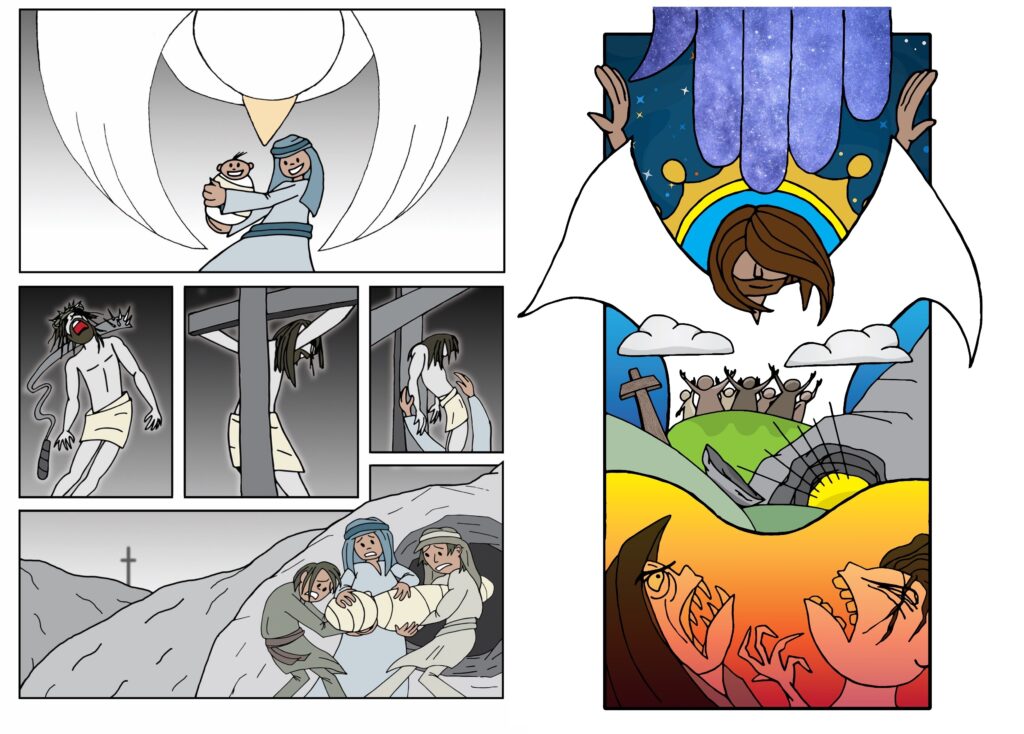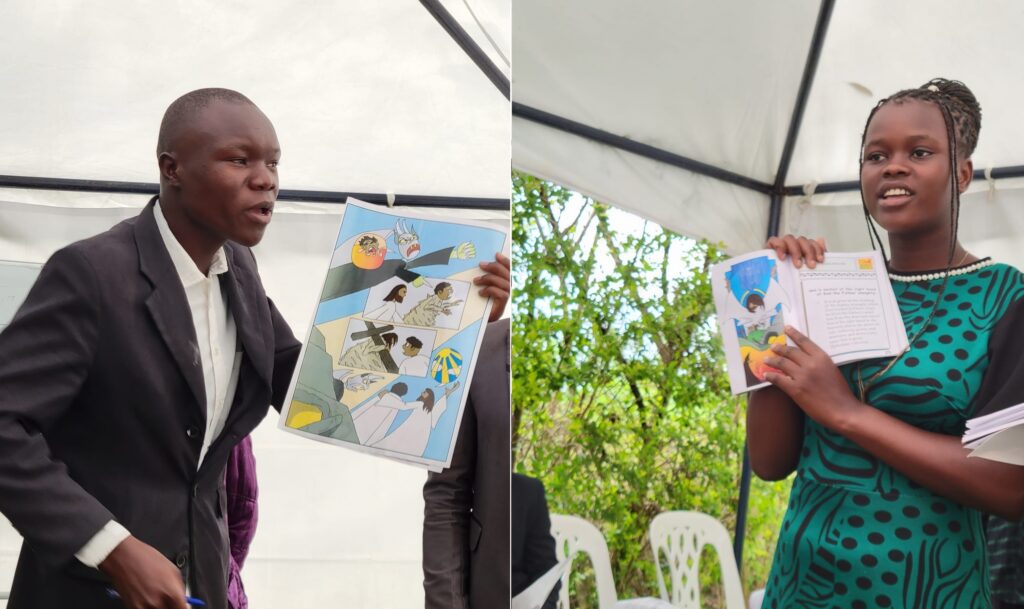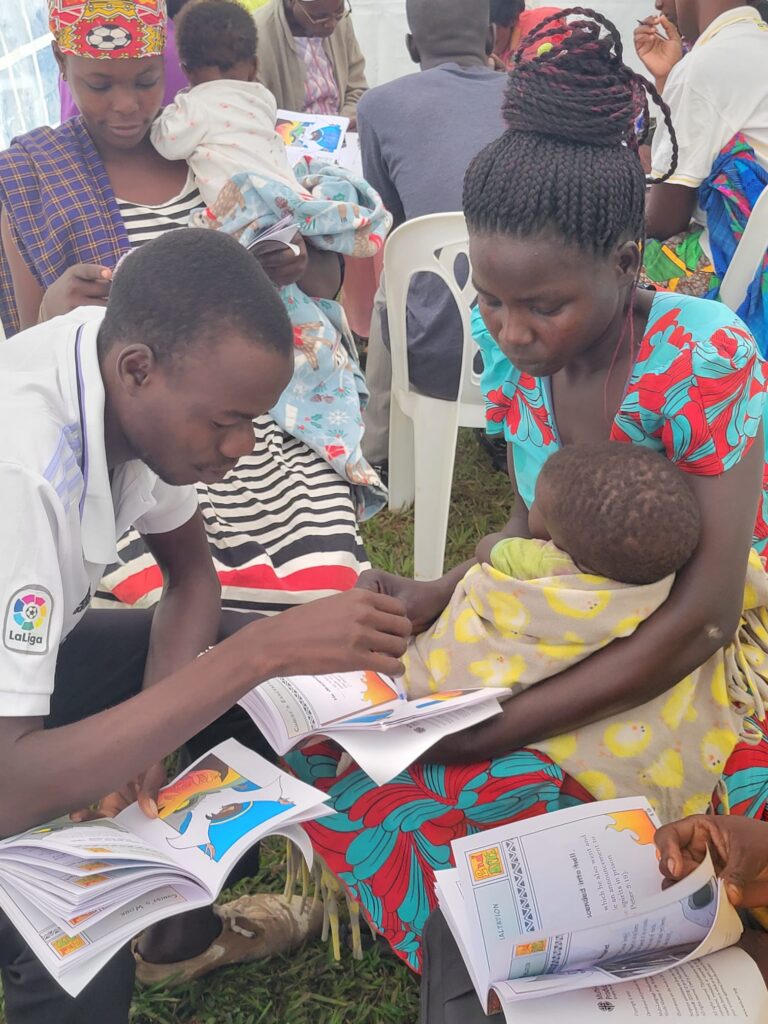Blessed be the Tongue that Ties
On Pentecost, the Holy Spirit gave each of Jesus’ disciples the ability to speak in a foreign tongue instantly. God tied three thousand people to Himself in one day through the message they proclaimed in their listeners’ mother tongues. Would the results have been similar if the disciples had preached in Greek or Latin? On Pentecost, God did more than perform a miracle. He displayed his love for people of every tongue and tribe.
Speaking to someone in their heart language does more than convey information. If you speak three sentences to someone in his native tongue you will instantly establish trustworthiness. You show that you are committed to your listener’s culture and language. Your tongue ties you to his community.
Time to Teach the Tongue
Over three thousand languages are spoken in Africa. People speak some of them within their ethnic group. Other languages like English, French, Arabic, and Swahili cross tribal boundaries. Most people speak at least two or three languages. There are some similarities between languages of the same family (like Bantu, Nilotic, or Khosaian) but it still takes time to learn any language.
God has given me an aptitude for picking up foreign tongues. My experience speaking Chichewa for seven years in Malawi has helped me speak Swahili at a basic level. Swahili is spoken primarily in Tanzania and Kenya, and some parts of the DRC and Uganda.
Before my last trip to Kenya and Tanzania, I found a Swahili-speaking Malawian who teaches at a local language school. My wife and I met with him in January. We have both studied some Swahili independently but made significant progress with our teacher’s instruction. And this helped us immensely the next month when we traveled to Kenya.
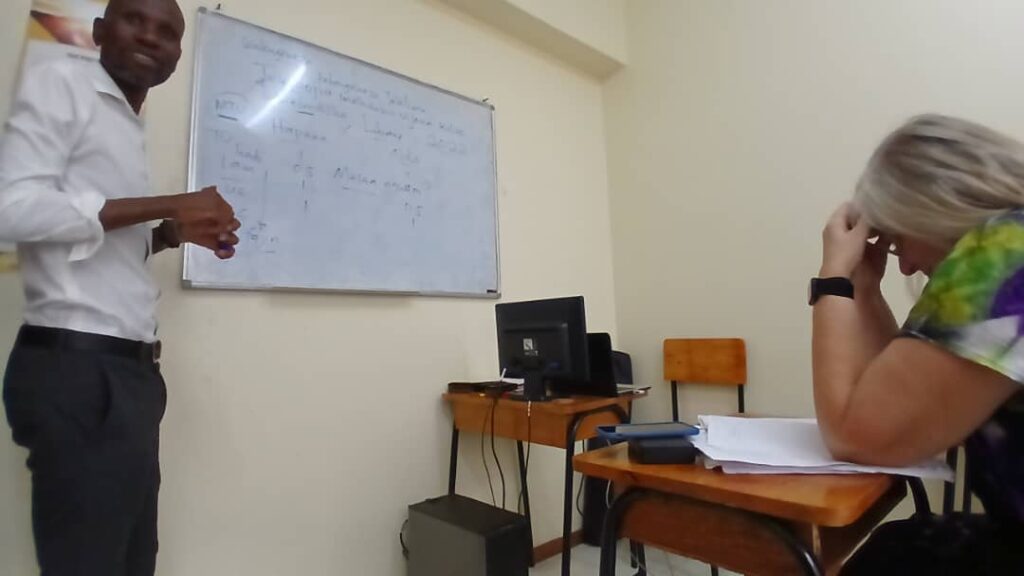
Home Advantage
WELS Central Africa Medical Mission sponsored a rural health clinic near the town of Sagana in central Kenya. My wife’s job was to weigh patients and calculate their Body Mass Index. I sat with the local pastors who shared Jesus with visitors in both Swahili and Kikuyu, a Bantu language spoken by people in central Kenya.
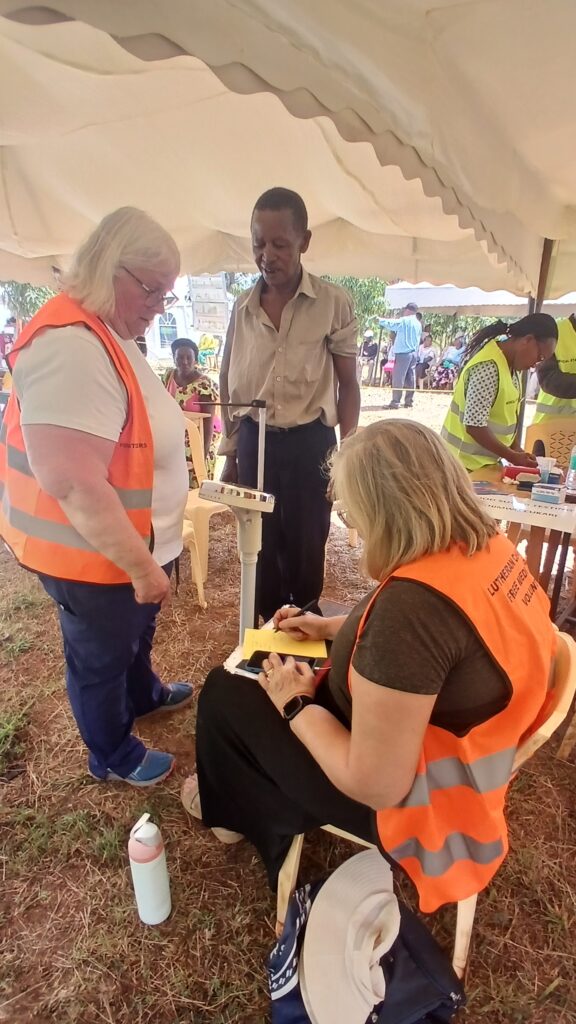
I am thankful for my brothers in Christ who shared the Gospel in their native tongue. At one point I was left alone, and I struggled to communicate with our camp visitors. Local Kenyans will always be able to connect with their fellow Africans more easily than I can. I am glad that God gave them the desire to share Jesus’ love with others.
The week after the medical camp my wife and I traveled to western Kenya. We offered a preaching workshop near the town of Kisii. The participants were laymen who lead worship services and laywomen who are leaders of small group Bible studies. Few of them had received formal ministry training in an academic setting. These people serve congregations of the LCMC-Kenya. Due to a shortage of ordained pastors, the church relies on laymen to lead worship services in many of its congregations.
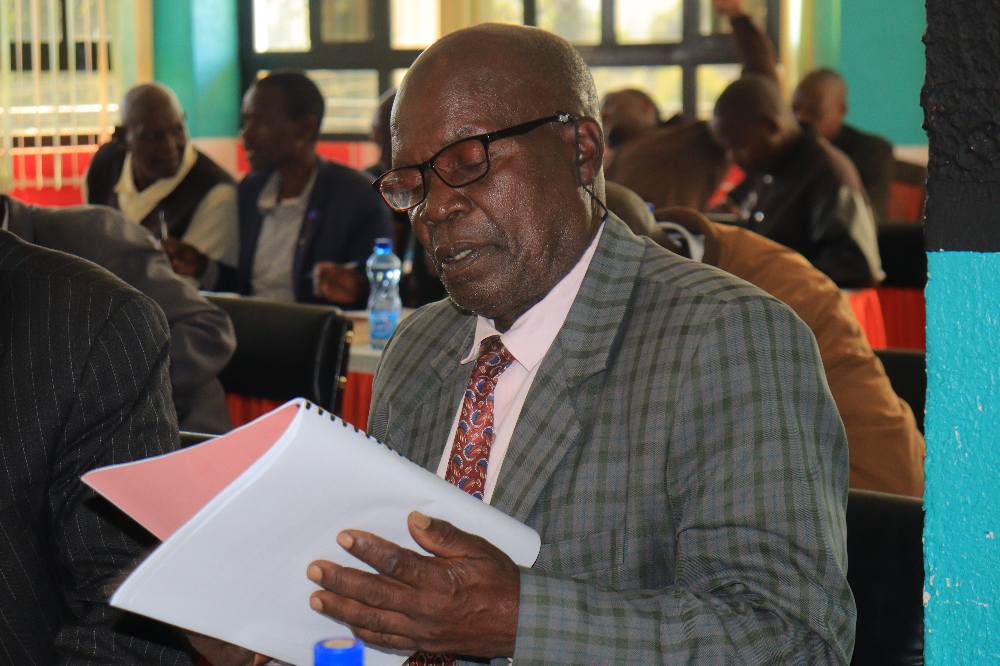
My class led members through the process of preparing a sermon from beginning to end. I presented my material in English, and they worked through various learning tasks in their local tongues. My prayer for these men and women is that they proclaim Christ’s love to their fellow Kenyans no matter what tongue they are speaking.
Tongue Twisters
At the end of our two weeks in Kenya, my wife flew back to Malawi. I continued to Tanzania to meet with pastors from the Africa Mission Evangelism Church (AMEC). The WELS and AMEC intend to tie themselves together in fellowship at this summer’s WELS Synod convention. Along with my fellow Missionary Ben Foxen, we presented topics of special interest to AMEC pastors. As English is not used as widely in Tanzania as it is in Kenya, Ben and I did our best to teach our lessons in Swahili.
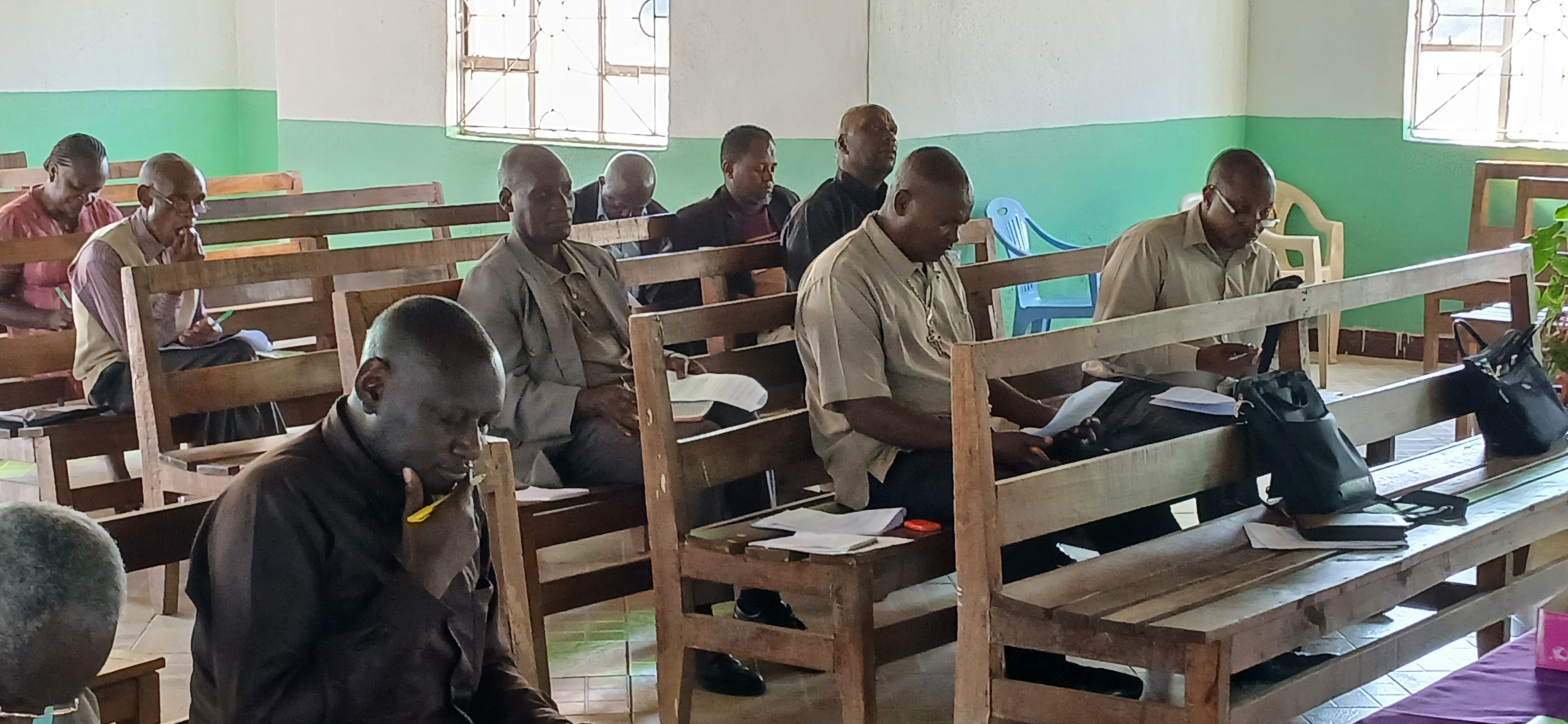
Ben held up his end of the communication well, partially a result of the two months he spent studying Swahili in northern Tanzania. For my part, I communicated at a Kindergarten level. It wasn’t pretty, but you do whatever you can and leave the rest to God.
On Sunday morning our hosts asked both Ben and I to preach in their churches. It is an expression of the ties that bind our two church bodies together. We eagerly embraced the opportunity, even though I relied on Google to translate my sermon from English into Swahili. I know enough Swahili to recognize and change the mechanically translated parts. I twisted my tongue around familiar and unfamiliar words as I read the sermon to my listeners. An occasionally shouted “Amen!” indicated when they got my point.
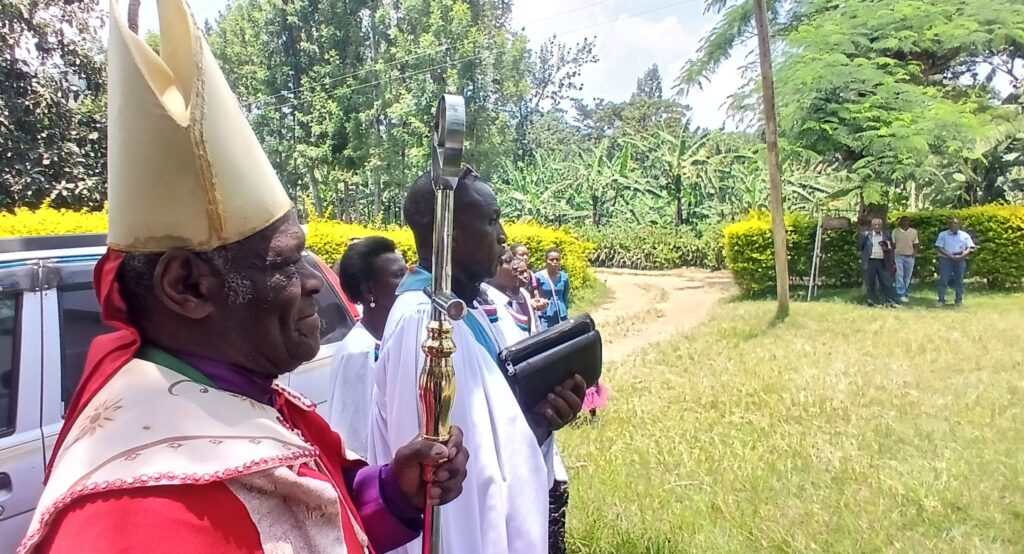
Now back in Malawi, I have a plan to meet with my Swahili teacher. I hope to visit our friends in Kenya and Tanzania in the upcoming months. I want to move from being tongue-tied to having a tongue that ties others to Christ.
Missionary John Roebke lives in Malawi.
Please pray for those working in fields that are ripe for harvest. Share their story, engage with future news, and receive updates. Learn more about our mission fields in Africa and how the Holy Spirit is working faith in people’s hearts at https://wels.net/serving-others/missions/africa
